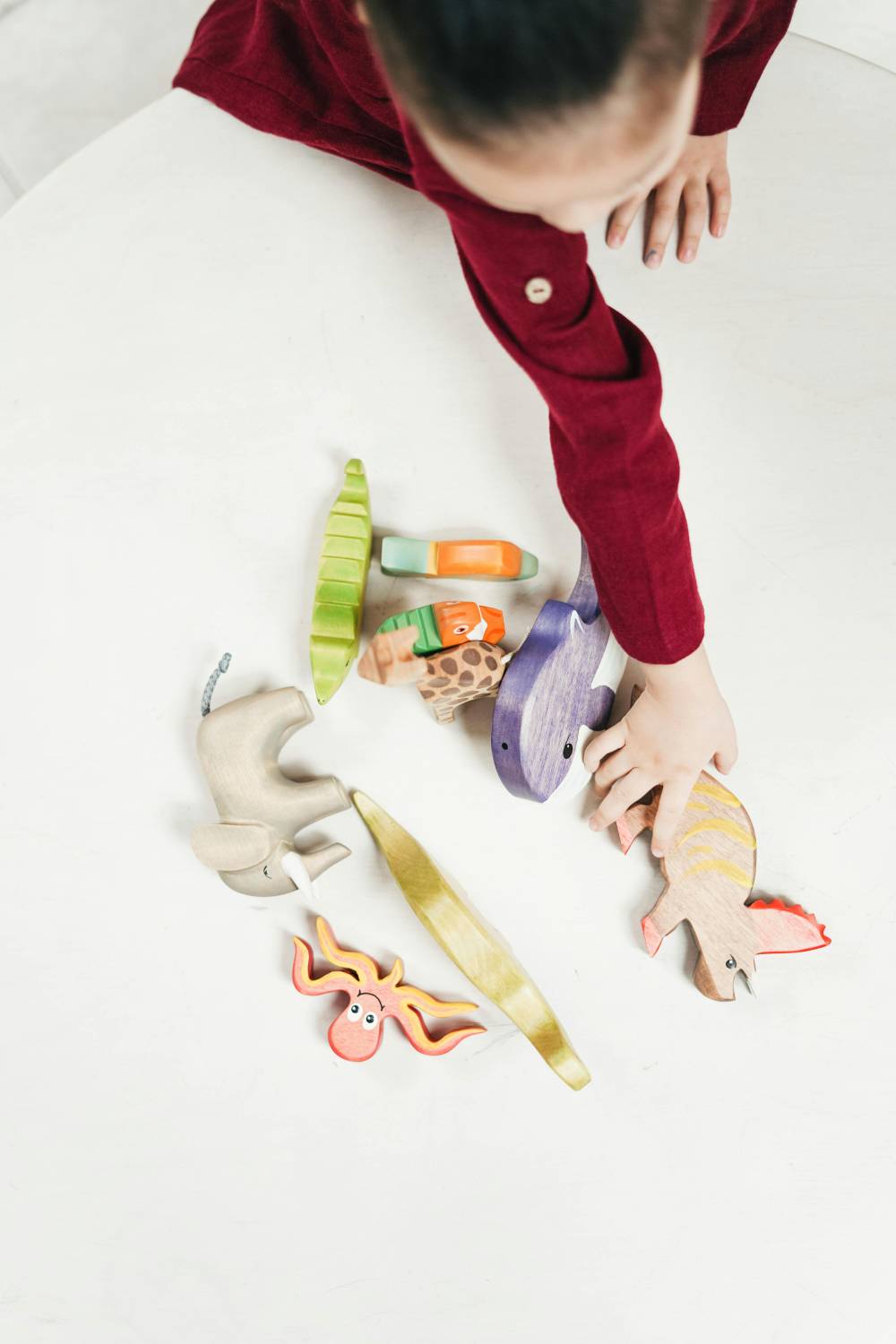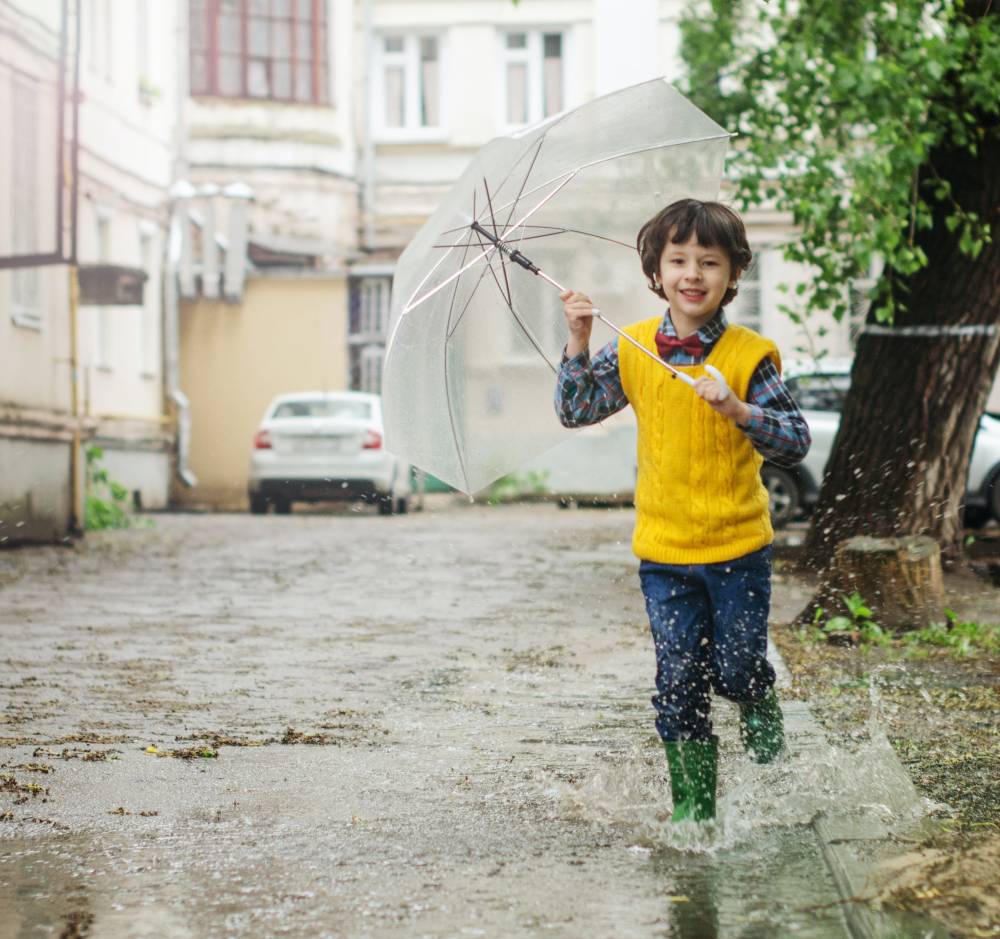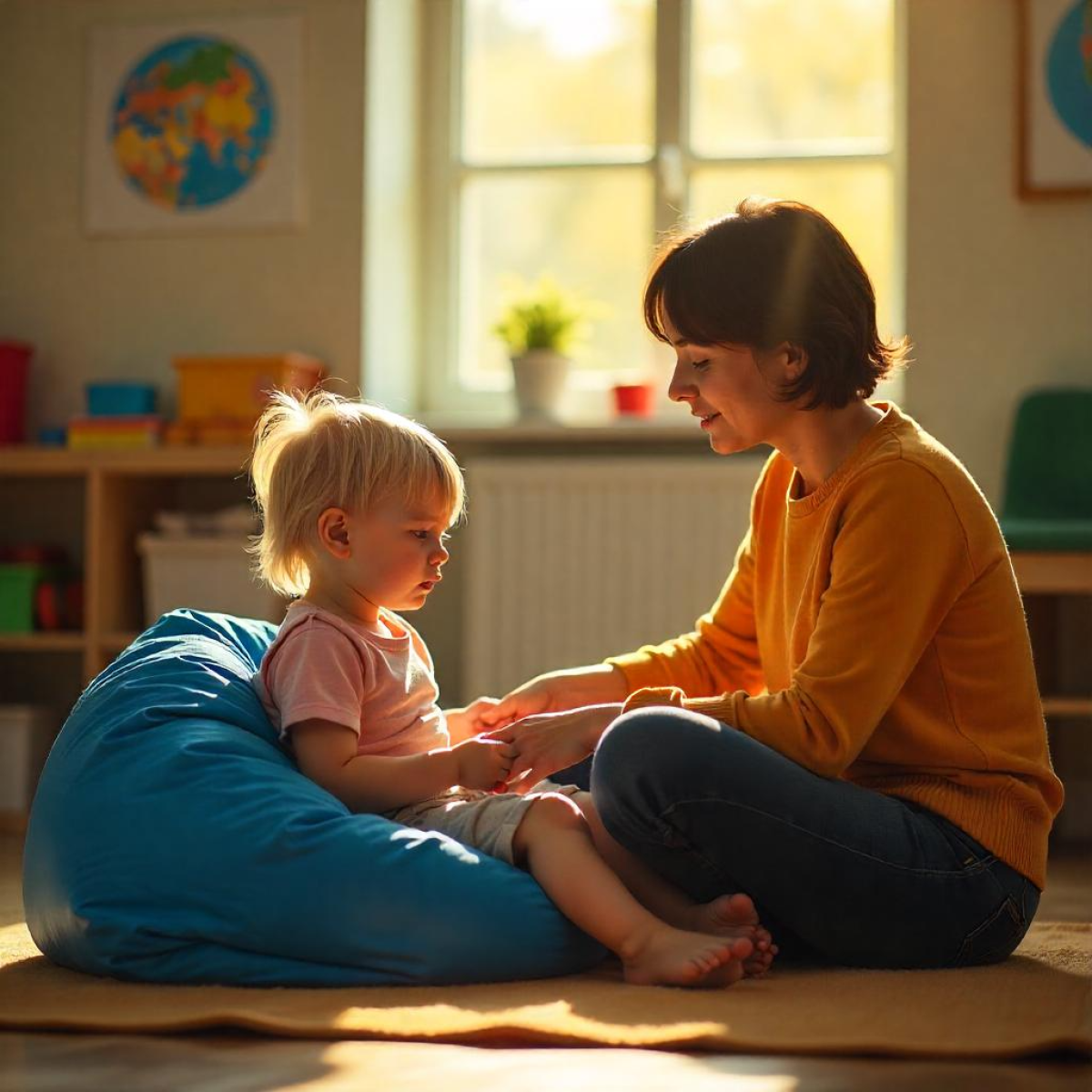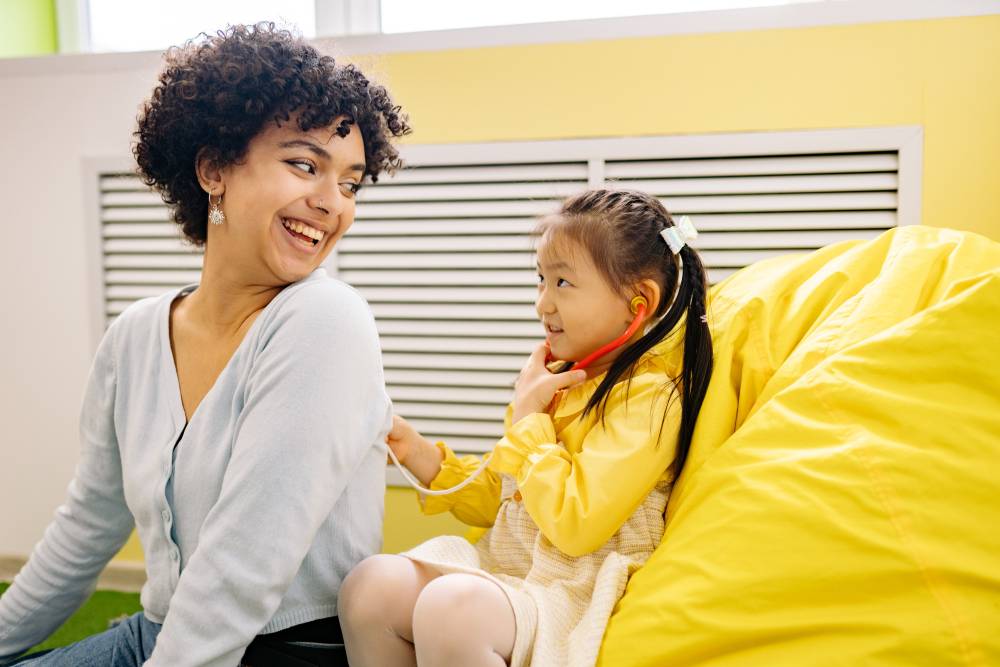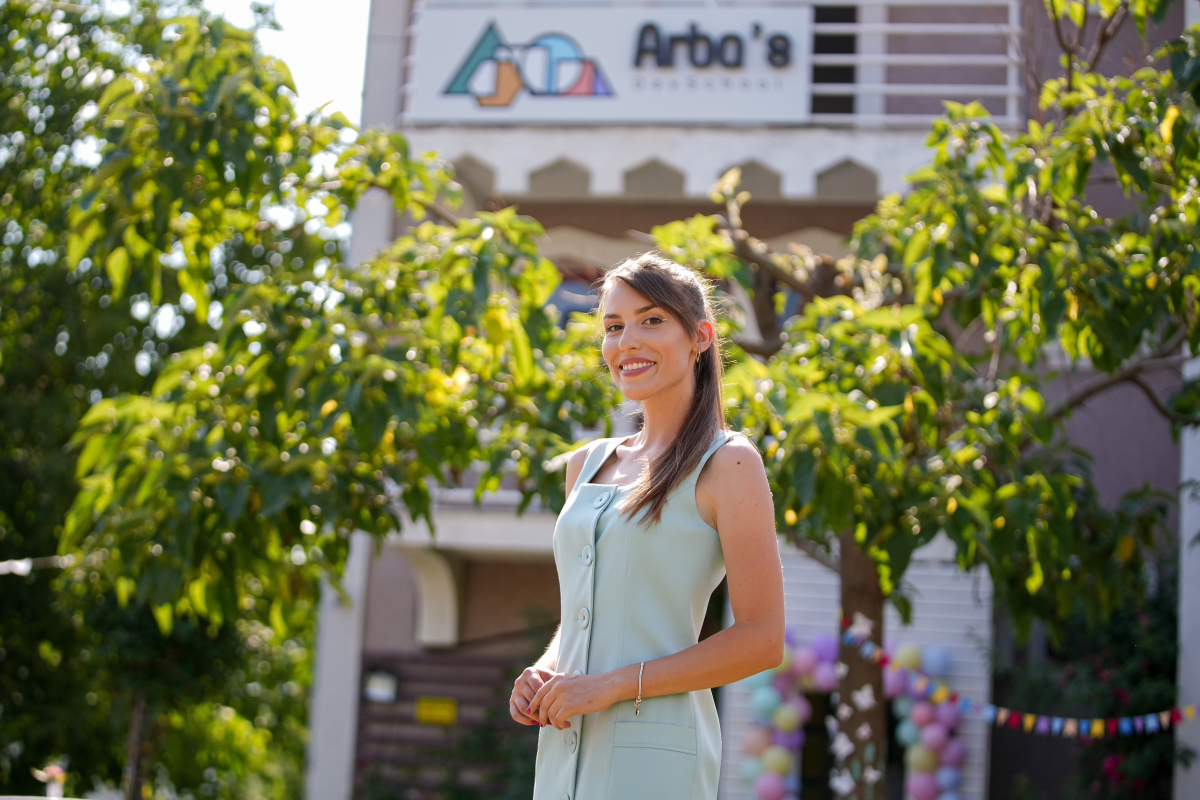In the lively atmosphere of kindergarten classrooms, educators often face the challenge of teaching young children the important skill of sharing, especially when it comes to toys and play materials. Learning to share is essential for social development, fostering empathy, cooperation, and positive relationships among peers. In this blog post, we'll explore practical strategies and tips for educators to help children overcome difficulties in sharing toys in kindergarten, creating an inclusive environment where every child feels valued and respected.
Understanding the Importance of Toy Sharing:
Before diving into specific strategies, it's crucial to understand why teaching sharing skills is vital in early childhood education. Sharing encourages children to consider the needs and feelings of others, promoting empathy and social awareness. Additionally, sharing fosters a sense of community and cooperation, laying the foundation for positive social interactions and collaborative learning experiences in kindergarten and beyond.
Strategies for Educators:
Model Sharing Behavior:
Educators play a crucial role in demonstrating sharing behavior as role models for young children. Show children how to share by sharing toys and play materials with them during playtime. Use positive language to reinforce the importance of sharing and praise children when they demonstrate sharing behavior.
Establish Clear Expectations:
Set clear and consistent expectations for sharing in the classroom. Create simple rules and guidelines that emphasize taking turns and sharing toys with friends. Use visual aids such as posters or charts to remind children of these expectations throughout the day.
Teach Turn-Taking Skills:
Help children understand the concept of taking turns by incorporating turn-taking activities into daily routines. Use games, group activities, and structured play to practice waiting for a turn and sharing toys with peers. Provide gentle guidance and encouragement as children navigate turn-taking situations.
Foster Empathy and Perspective-Taking:
Encourage children to consider the feelings of others by fostering empathy and perspective-taking skills. Use storytelling, role-playing, and discussions to help children understand how sharing makes others feel happy and included. Emphasize the positive outcomes of sharing, such as building friendships and creating a sense of belonging.
Provide Support and Guidance:
Be patient and supportive as children learn to navigate sharing challenges. Offer guidance and encouragement when conflicts arise over toys, helping children find peaceful solutions and compromise. Use teachable moments to reinforce sharing skills and discuss strategies for resolving conflicts peacefully.
Create Opportunities for Cooperative Play:
Design classroom activities and learning centers that promote cooperative play and sharing among children. Encourage group projects, collaborative games, and shared play experiences where children can work together and share resources. Provide ample opportunities for children to practice sharing in a supportive and structured environment.
Celebrate Sharing Successes:
Acknowledge and celebrate sharing successes to reinforce positive behavior. Use praise, stickers, or special privileges to reward children who demonstrate sharing skills and generosity towards their peers. Create a culture of kindness and appreciation where sharing is valued and celebrated.
Teaching children to share toys and play materials in kindergarten is an important aspect of fostering social skills, empathy, and cooperation. By implementing these practical strategies and tips, educators can create an inclusive learning environment where every child feels empowered to share and collaborate with their peers. Together, we can nurture a culture of kindness and inclusivity, laying the foundation for positive social interactions and lifelong friendships in kindergarten and beyond.
